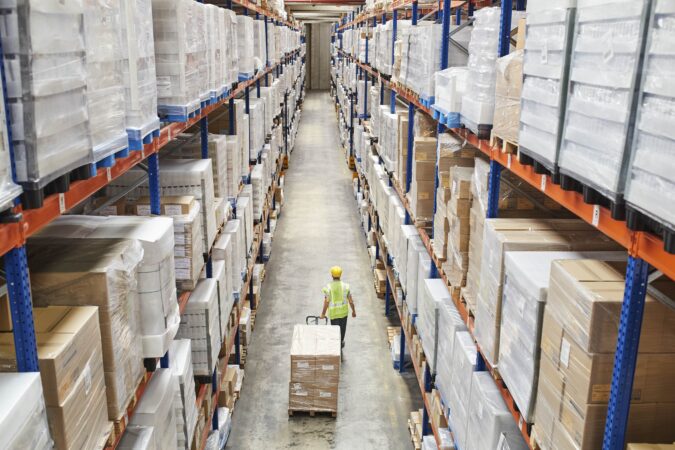European companies are looking to the EMEA region (which includes EMEA) for an alternative to production and supply in Ukraine and Asia, after months of supply chain disruption, according to a new report, Supply Chain Disruptions, sponsored by JLL.
According to this report, there are many companies operating in the retail and manufacturing sectors that have already decided to reallocate part or all of their production, and the data shows that the new European beneficiaries of this “resupply” are Central Europe and Romania, with European borders with Turkey and Morocco also on the radar.
This trend follows the pandemic, which caused the collapse of distribution networks and serious bottlenecks in ports and airports, which is why companies have begun to choose “resupply” as an attempt to solve disruptions in supply chains.
JLL also expects land and labor scarcity to contribute to demand in Central Europe, from the primary market to the secondary and tertiary markets, the latter being strategically located.
Data from Flexport (a global logistics platform) shows that the average container voyage from Asia to Europe has nearly doubled since 2019, while an investigation by Buck Consultants International (BCI) confirms the same as JLL: more than 60% of companies American and European companies plan to allocate part of their production back to their country of origin.
Given the existing transport networks and logistical gateways, it can be said that goods will circulate, above all, along a distribution corridor: the traditional European dorsal (from central England to northern Italy) and the emerging “Black Sea banana”, which connects Budapest to the Black Sea.
Marilyn Tavares, Head of Retail and Logistics Investment at JLL, explains: “The debate about proximal relocation (when operations are relocated to a country close to the country of origin, as opposed to offshoring) is not new. Higher wages at lower-cost production sites and increased Risks due to climate change, strikes and incidents such as the blockade of the Suez Canal have fueled controversy over the issue over the past decade.
However, the more favorable cost / risk ratio and the fact that many production infrastructures were lost in Europe, continued to ensure the Asian continent the advantage of locating the main hubs for the distribution and production of a wide range of products. This scenario is changing now, due to the recent situation and new consumption habits. In this context, Portugal enjoys competitive advantages linked to its very attractive geographic location and demography, which places us in a prominent position in the European proximity strategy,” he underlines.

“Wannabe internet buff. Future teen idol. Hardcore zombie guru. Gamer. Avid creator. Entrepreneur. Bacon ninja.”

